Introduction
A compiler is a tool that can read the source code and translate it to object-level code. The source codes are in human-readable format, but the system cannot directly understand them. It will only understand the object-level codes.
So, the compiler acts as a bridge between human-readable and machine-readable formats. It parses the source file and converts it to a machine-readable object file.

This article will discuss some of the most popular compilers for C++, their features, and their differences.
Also, see Literals in C.Fibonacci Series in C++
Most popular Compilers for C++
Microsoft Visual C++
It is a full-featured IDE that works on Windows, iOS, and Android platforms and allows you to build applications in C++, C#, node.js, python, and other languages. It is the most widely used online C++ compiler and IDE in today's software industry.
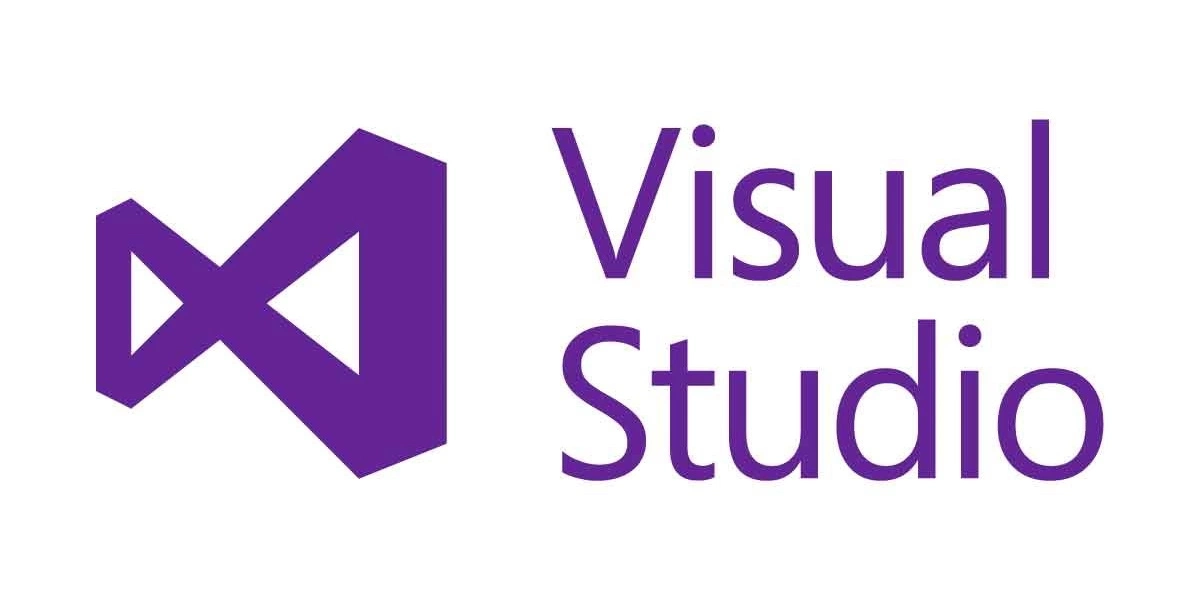
Source: Link
You can also do a free certification of Basics of C++.
Features:
- It provides language support for C++ and C#.net compiler and other languages like python, node.js, etc.
- Using this IDE, we can create a variety of applications in various languages, and it also serves as a testing environment for the applications.
- It is a full-featured IDE that enables us to develop applications for Windows, the web, iOS, Android, and various other platforms.
- It includes IntelliSense, which assists us in writing efficient code.
You can also do a free certification of Basics of C++
Codeblocks
It is a free and open-source IDE that supports coding in C, C++, FORTRAN, XML etc. Codeblocks IDE is a popular IDE that provides support for multiple compilers.
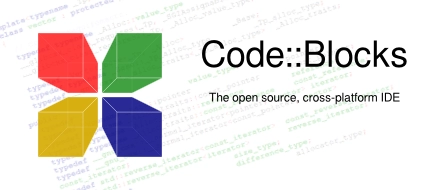
Source: Link
Features:
- Cross-platform compatibility. It is compatible with Windows, Linux, and Mac OS.
- The IDE is written entirely in C++ and does not require any proprietary libraries or interpreted languages to run.
- Easily extensible through plugins.
- It supports a variety of compilers, including clang, GCC, and Borland.
Also see, Abstract Data Types in C++
Eclipse IDE
It is a popular IDE for Java, C and C++ development. Eclipse is available for all major platforms, including Windows, Mac OS, and Linux, and it has powerful features that can be used to create full-fledged projects.
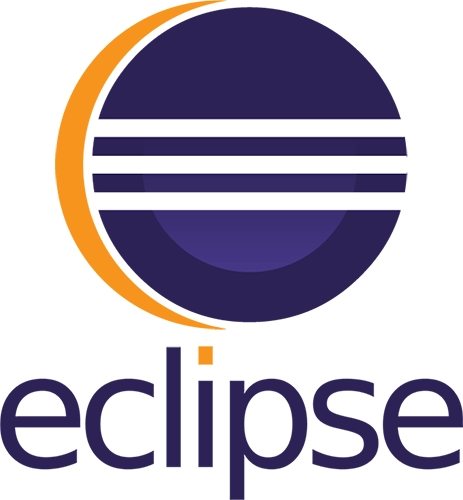
Source: link
Features:
- It has a fantastic user interface with drag-and-drop functionality for UI design.
- It supports project development, and administration frameworks for various toolchains and the classic make framework and source navigation.
- Folding and hyperlink navigation, grading, a macro definition browser, code editing with syntax highlighting, and other source knowledge tools are supported.
- To debug the code, it provides an excellent visual code debugging tool.
GCC
GCC (GNU Compiler Collection) is a compiler system developed by the GNU project that supports multiple programming languages.
GNU is a toolchain, and GCC is a key component of that toolchain. It is the standard compiler for the majority of GNU and Linux projects. The Linux Kernel is a well-known project that makes use of GCC.
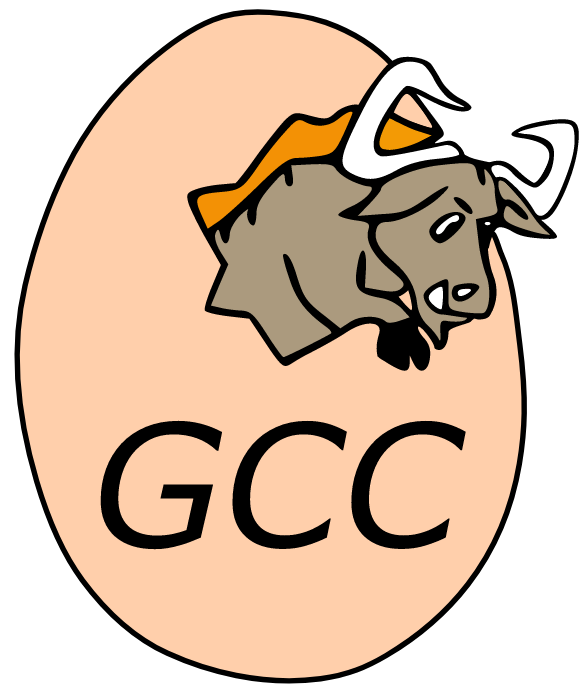
Source: link
Features:
- GCC is cross-platform, which means it works on various platforms such as Windows, Unix, Mac OS, and others and iOS and Android.
- Aside from C/C++, GCC supports a wide range of programming languages.
- They are widely used as a development tool for both free and commercial software.
Borland C++
It is a C/C++ integrated development environment (IDE) for Windows and MS-DOS. It is the successor to Turbo C++ and includes a better debugger, Turbo Debugger, which is written in protected mode DOS.
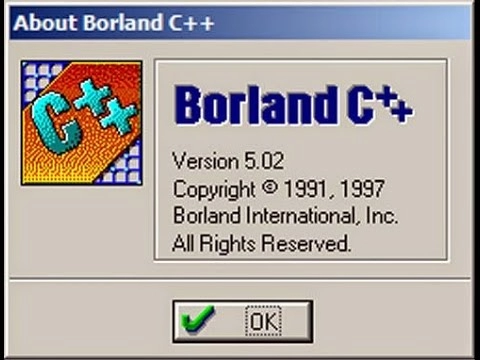
Source: link
Features:
- It is the successor for Turbo C++.
- It consists of Object Windows Library (OWL), a library made up of C++ classes that can be used to create professional Windows graphics applications.
- It also includes "Turbo Vision," a set of C++ classes for developing DOS applications.
MinGW
MinGW stands for "Minimalist GNU for Windows." It is a straightforward development environment for native Windows applications. It is an open-source programming environment used to create native Windows applications that do not rely on third-party C-runtime DLLs.
Features:
- Native TLS callback is supported.
- Wide-character startup is supported (-Unicode).
- Windows i386 (32-bit) and x64 (64-bit) are supported.
- Multilib toolchains are supported.
- Binutils or bleeding-edge GCC are supported.
Clang C++
It is an "LLVM native" C/C++/Objective-C compiler. It aims to provide extremely fast compiles. It is a platform for creating fantastic source-level tools and extremely useful error and warning messages. The clang compiler includes the Clang Static Analyzer tool, which automatically finds bugs in your code.
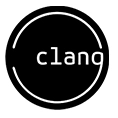
Source: link
Features:
- End-user features such as fast compilation, GCC compatibility, low memory usage, and expressive diagnostics are supported.
- Clang has a modular library-based architecture that allows for refactoring, static analysis, code generation, and other features.
- It allows for close integration with IDEs such as Visual Studio.
- It is compatible with C, C++, Objective-C, and variants.
Also check out this article - Pair in C++




